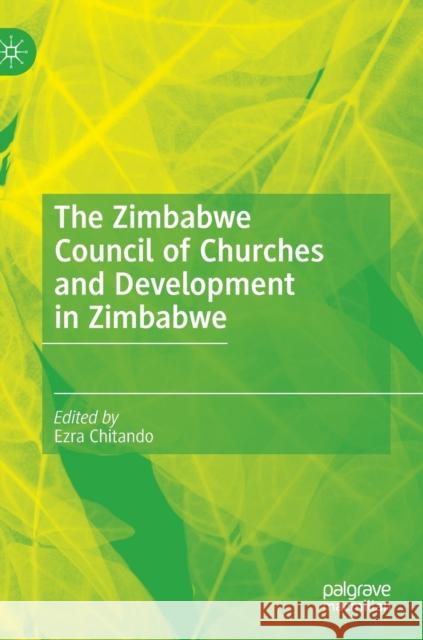The Zimbabwe Council of Churches and Development in Zimbabwe » książka
topmenu
The Zimbabwe Council of Churches and Development in Zimbabwe
ISBN-13: 9783030416027 / Angielski / Twarda / 2020 / 223 str.
The Zimbabwe Council of Churches and Development in Zimbabwe
ISBN-13: 9783030416027 / Angielski / Twarda / 2020 / 223 str.
cena 403,47
(netto: 384,26 VAT: 5%)
Najniższa cena z 30 dni: 385,52
(netto: 384,26 VAT: 5%)
Najniższa cena z 30 dni: 385,52
Termin realizacji zamówienia:
ok. 16-18 dni roboczych.
ok. 16-18 dni roboczych.
Darmowa dostawa!
Kategorie:
Kategorie BISAC:
Wydawca:
Palgrave MacMillan
Język:
Angielski
ISBN-13:
9783030416027
Rok wydania:
2020
Wydanie:
2020
Ilość stron:
223
Waga:
0.43 kg
Wymiary:
21.01 x 14.81 x 1.42
Oprawa:
Twarda
Wolumenów:
01
Dodatkowe informacje:
Wydanie ilustrowane











